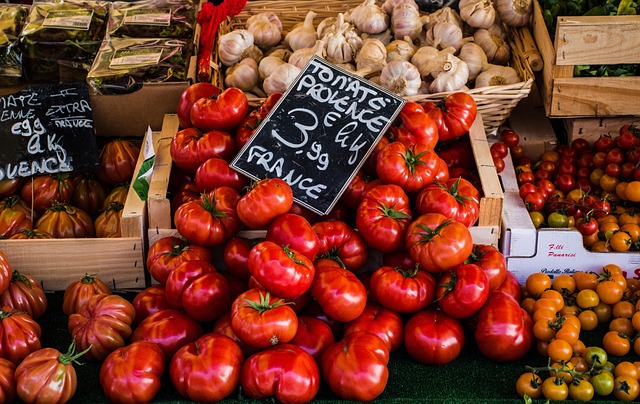Embracing Local Food Production for a Greener Tomorrow
In the heart of our countryside, a quiet revolution is taking place—one that promises not only to nourish our communities but also to rejuvenate the very fabric of rural life. Local food production is more than a trend; it’s a commitment to sustainability, resilience, and prosperity that benefits farmers, consumers, and the environment alike.
Transport Sustainability: Reducing Our Carbon Footprint
When food travels hundreds or even thousands of miles before reaching our plates, the environmental cost can be staggering. Long supply chains rely heavily on fossil fuels, contributing significantly to carbon emissions and air pollution. By focusing on local food production, we can drastically cut down on transportation distances, which means fresher produce and a smaller carbon footprint.
This shift towards local sourcing supports the deployment of greener transport options as well. Farmers and distributors using electric vehicles, bike deliveries, or even walking routes are becoming increasingly common. Such methods emphasize eco-friendly practices that align closely with the values of sustainable agriculture.
Fostering Rural Development Through Local Food Initiatives
Local food production revitalizes rural areas beyond environmental benefits. It creates jobs, supports small-scale farmers, and attracts younger generations back to agriculture by showcasing its potential as a viable livelihood. Community-supported agriculture (CSA) programs, farmers’ markets, and farm-to-table initiatives strengthen local economies and build a sense of community identity and pride.
Investment in infrastructure that supports local growers, such as cooperative storage facilities and shared processing plants, enhances the capacity and quality of rural food production. These developments foster innovation and encourage sustainable approaches, including organic farming and agroecology, which maintain soil health and biodiversity.
A Shared Responsibility for a Sustainable Future
Ultimately, the sustainable future of local food production depends on collaborative efforts between farmers, consumers, policymakers, and businesses. By choosing foods grown close to home, we contribute to reducing environmental impact, promoting rural economic health, and securing food sovereignty for generations to come.




